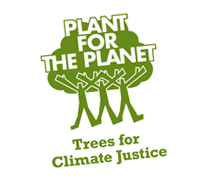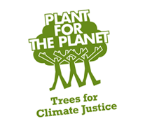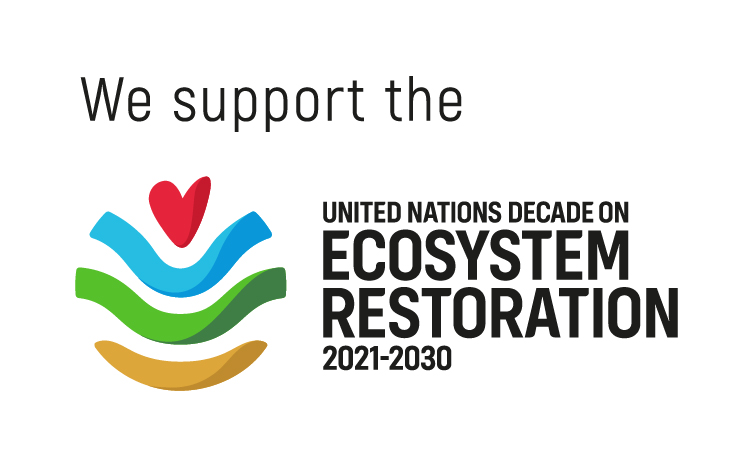Trees for Farmers®
A Carbon Neutrality Project, Madhya Pradesh, India
Project Purpose
Trees for Rural Communities™Location

The plantation project is implemented in Hoshangabad, Harda districts of Madhya Pradesh, India.
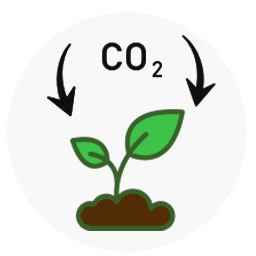
Carbon Sequestration
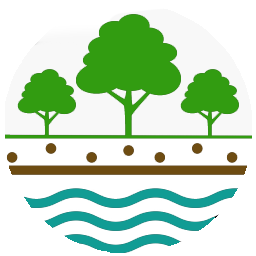
Groundwater
Recharge

Increase in
Green Cover

Reduction in
Air Pollution

Generation of
Rural Employment
Why Trees?
Madhya Pradesh covers 9.4 % of the total land area of the country. It is endowed with rich and diverse forest resources and is a reservoir of biodiversity. Agriculture is the mainstay of the economy of Madhya Pradesh. About 74% population is rural, which directly or indirectly depends on agriculture, with 71% of its working force directly engaged in agriculture. Despite the economic growth in the state, several districts grapple with serious social issues and receive little to no support in overcoming them. Hunger, poverty, and farmer debt are amongst the top issues faced by the people in these regions.
Madhya Pradesh contributes approximately 9% to total poverty in India, i.e. for every 100 poor people, 9 belong to the state. There are more than 8 million tribal people in the state who have a fragile existence (based on the 2011 census). The state performs poorly in most of the human development indicators, compared to the National average. It is among the most food-insecure states in the country. According to the India State Hunger Index, Madhya Pradesh falls in the “extremely alarming” category (IFPRI, 2008). These factors place significant pressure on India’s resources and environment.
One of the possible solutions is to create rural employment. Plantation of trees on the private lands of farmers can address the challenges of food security, nutrition, economic opportunities, and ecosystem services. Trees can provide timber and non-timber products besides being the most effective in removing carbon dioxide, tackling the climate crisis, and building disaster risk resilience.
Tree Species
Teak (Tectona grandis), Bamboo (Bambusa arundinacea), Drumstick (Moringa oleifera), Guava (Psidium guajava), Jamun (Syzygium cumini), Jackfruit (Artocarpus heterophyllus).
Social Impact
The project will engage with members of the local rural communities for the planting of farmer-friendly species on bunds of privately held agricultural lands and wastelands of farmers. The objective of the project activity is to increase biodiversity as well as to provide sustainable livelihoods for the communities.
An increase in tree cover through plantations will enhance the production of different tree crops, including fruit species, timber species, medicinal plants, forest species, etc., which would serve as the raw materials for different /-led enterprises and improve the livelihoods of the local farmers. The project involves the creation of economic opportunities for women and marginalized sections of communities through the implementation of project activities.
The project further ensures that farmers don’t rely on only one kind of crop for their incomes. It secures their economic resources, making them less susceptible to vagaries of climate, pests, market prices, and corruption which in turn leads to a better quality of life, reduced suicide, and crime rates in these regions.
The wood/timber produced because of project implementation will be used for making furniture, and hence the carbon sequestered in these trees will be locked in and not released to the atmosphere once it is harvested.
| Name of the Company | Number of Trees Adopted | Year |
|---|---|---|
| HDFC BANK LIMITED | 4,00,000 | FY 2021-22 |


